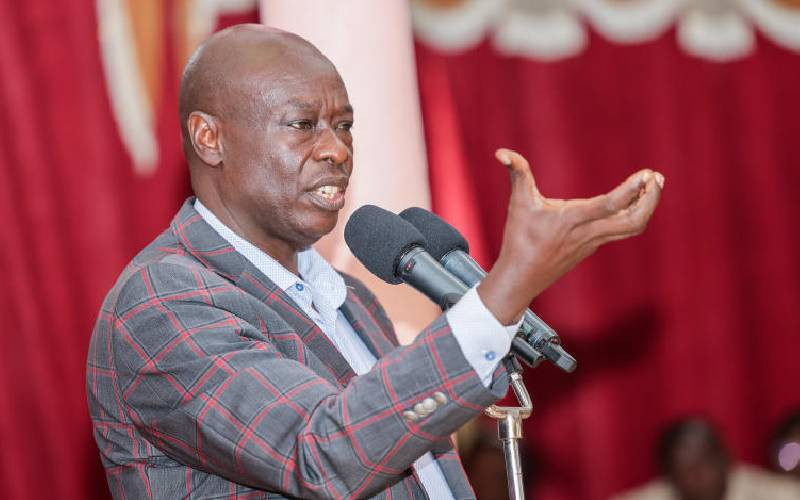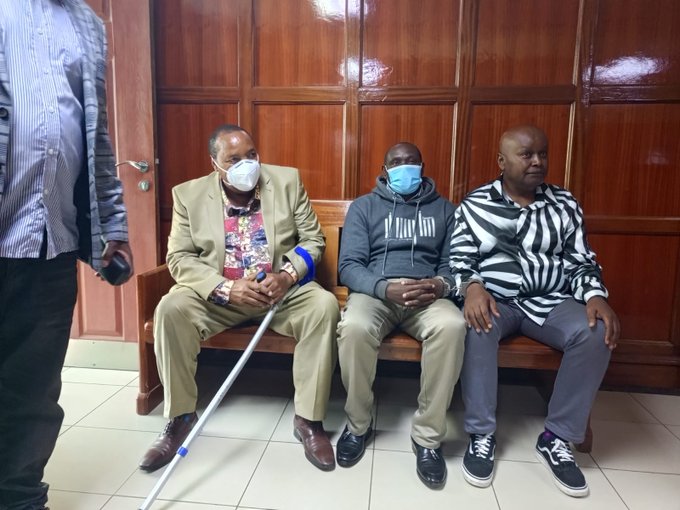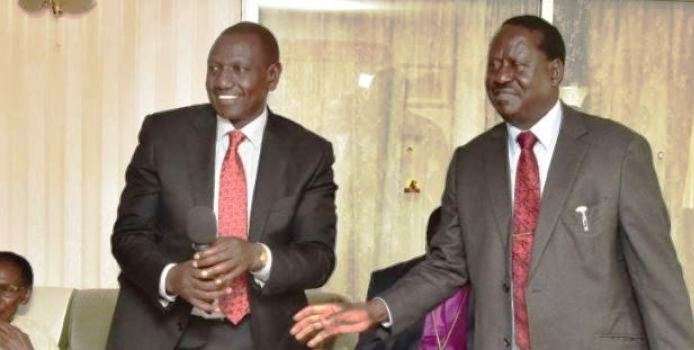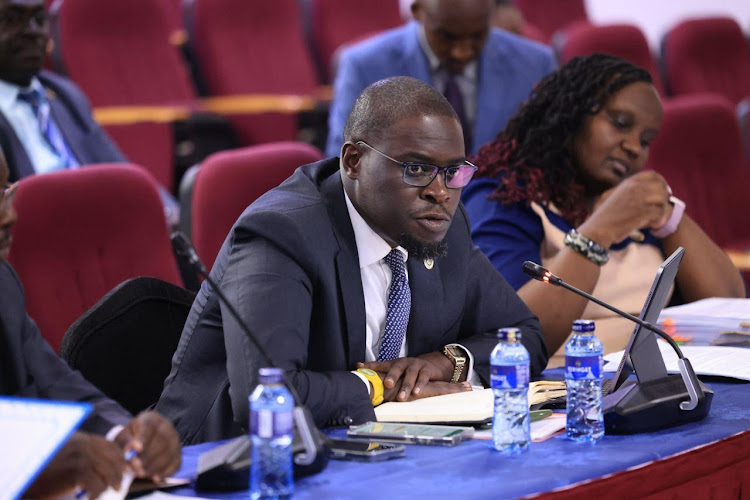The National Assembly’s decision to subject the special impeachment motion against Deputy President Rigathi Gachagua to public participation could be a game-changer if the motion passes. To prevent potential loopholes that Gachagua could use to challenge his ouster in court, the Assembly has organized public hearings in all 47 counties today, Friday, to gather Kenyans’ opinions on whether the Deputy President should be impeached.
Mr. Gachagua had demanded this step, arguing that the over seven million Kenyans who elected him alongside President William Ruto cannot have their decision overturned by the Assembly alone. “We were elected by 7.2 million Kenyans. It’s surprising to hear that around 200 MPs want to remove a leader chosen by the people. Let them go to Bomet and ask the people if they want to send me home,” he said during a radio session on Monday.
Fafi MP Farah Maalim supported public participation, stating that it is essential to listen to the people. “Public participation is crucial. Let us return to our constituencies, listen to the people, and inform them,” he told the Assembly on Wednesday. Speaker Moses Wetang’ula echoed this sentiment, emphasizing, “This is an unprecedented situation, and it requires the full participation of all members in every aspect of the special motion.”
However, some MPs, especially from the Mt. Kenya region, have voiced concerns about their safety, fearing a hostile reception during the hearings and the potential for chaos. Beyond these concerns, the way the public hearings are conducted and how MPs handle the feedback will be critical. Recent court rulings have nullified laws passed by Parliament due to inadequate public participation or the failure of the Assembly to explain why collected views were not considered.
Examples include the Finance Act 2023, the Privatization Act, the Primary Health Care Act, the Digital Health Act, and the Social Health Insurance Act, as well as the housing levy imposition. In declaring the Finance Act 2023 unconstitutional, the Court of Appeal set a precedent by ruling that public participation is not merely a formality but must be meaningful, with the collected views being taken into account.
If the majority of Kenyans oppose Gachagua’s impeachment and MPs disregard their views, this could become a significant legal argument for Gachagua to challenge his ouster in court. He might also argue that the advertisements for the public hearings, placed in English in mainstream media, did not reach a large portion of Kenyans, many of whom speak Swahili or do not read newspapers, or that the one-day sessions were insufficient to collect comprehensive public input.





